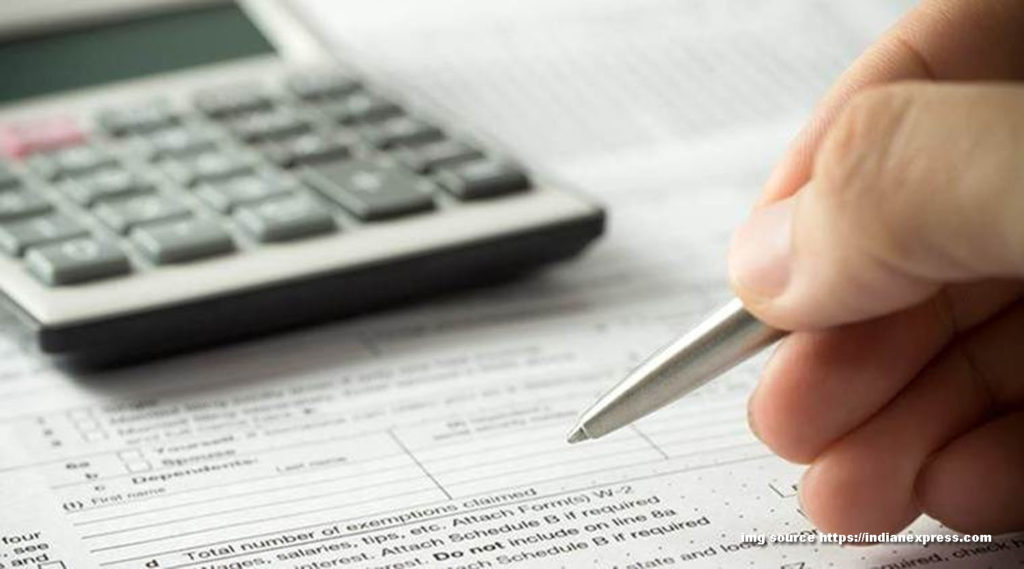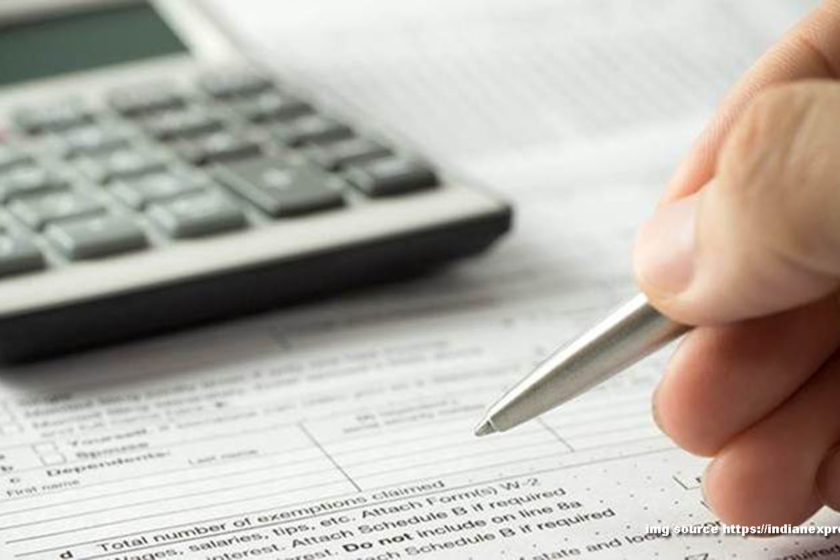
Started thinking about your taxes yet? As the financial year nears its end, you may need to review your tax burden and tax-saving investments. Here’s a guide to walk you through the basics of income tax.
Types of taxes
In India, citizens are liable to pay direct and indirect taxes. Here’s how they differ:
- Direct taxes: This is applied to one’s earnings, and the tax is paid directly to the
government. While individuals, Hindu Undivided Families (HUFs), and other
non-company taxpayers pay income
tax, company earnings are subject to corporate tax.
- Indirect taxes: The Goods and Services Tax (GST) is a form of indirect tax. Here, the seller of a good or service charges tax from the buyer and pays it to the government.
Important income tax dates
- Submit tax-saving investment and expenditure proofs: 31 January
- Complete tax-saving investments and expenditure: 31 March
- File income tax returns: 31 July
- Verify income tax returns: October–November
Types of income
Make sure to declare all your income sources when filing income tax returns. These include:
- Income from salary: This covers salary and pension earnings.
- Income from other sources: This covers various types of income, including interest on savings bank accounts or fixed deposits, winnings from a prize or lottery, among others.
- Income from house property: This covers rental income from a house that you own.
- Income from capital gains: This covers profits made by selling capital assets like an apartment, shares, or mutual fund units.
- Income from business or profession: This covers the earnings of self-employed professionals, freelancers, contractors, and business owners who do not get a salary.
Income tax slabs
Firms and companies have to pay 30% corporate tax on their profits. Individuals, HUFs, AOPs, and BOIs pay income tax according to their tax slab. The following income tax slab applies to taxpayers under 60 years of age:
| Income | Income Tax Rate |
| Up to Rs 2.5 lakh | 0 |
| Rs 2.5 lakh–Rs 5 lakh | 5% of taxable income |
| Rs 5 lakh–Rs 10 lakh | Rs 12,500 + 20% of income above Rs 5 lakh |
| Above Rs 10 lakh | Rs 1,12,500 + 30% of income above Rs 10 lakh |
The tax slabs are slightly different for senior citizens (60–80 years) and super senior citizens (above 80 years).
Tax on capital gains
If you sell a capital asset, the profits earned will be subject to capital gains tax. Scrutinise the holdings in your demat account to get a clear overview.
- House property:
- If held for >2 years: 20% long-term capital gains (LTCG) tax
- If held for <2 years: Taxed as per slab rate
- Debt mutual funds:
- If held for >36 months: 20% LTCG tax
- If held for <36 months: Taxed as per slab rate
- Equity mutual funds:
- If held for >1 year: Exemption for holdings up to 31 March 2018; 10% LTCG tax on gains above Rs 1 lakh
- If held for <1 year: 15% short-term capital gains (STCG) tax
- Shares (Securities
Transaction Tax [STT] paid):
- If held for >1 year: Exemption for holdings up to 31 March 2018; 10% LTCG tax on gains above Rs 1 lakh
- If held for <1 year: 15% short-term capital gains (STCG) tax
- Shares (STT unpaid):
- If held for >1 year: 20% LTCG
- If held for <1 year: Taxed as per slab rate
Summing up
Take stock of your financial situation before the year ends. Make adjustments to reduce your tax burden in advance to avoid having to deal with nasty surprises when tax season comes around.











